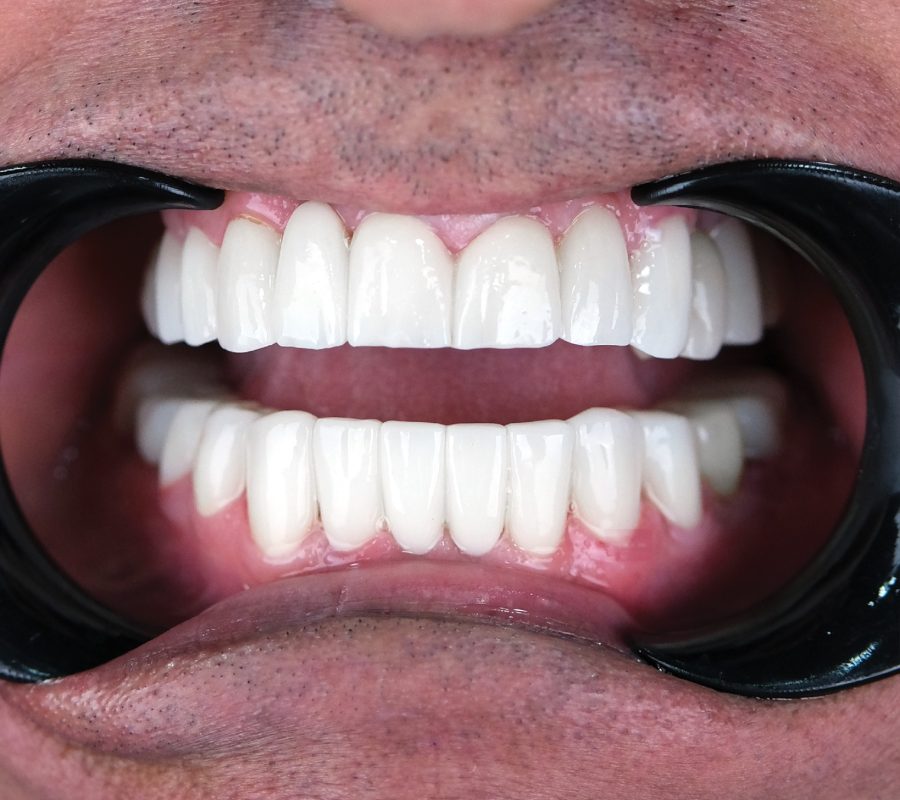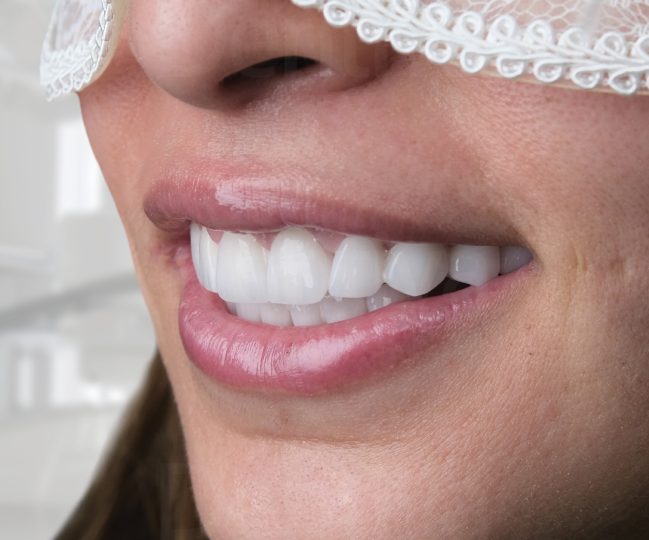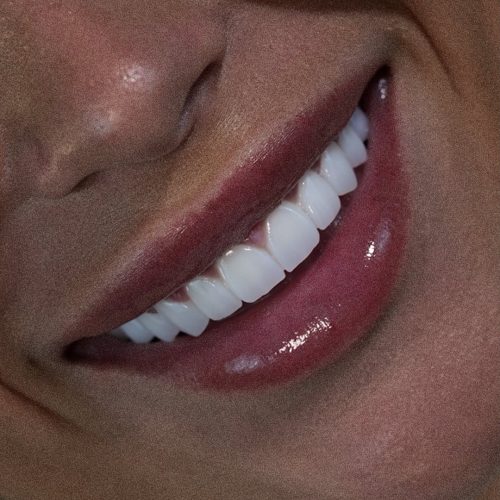You are in safe hands...
Dental Veneer Price 2025 Bağcılar
🏥 » Dental Veneer Price 2025 Bagcilar
Dental veneers have become a cornerstone of modern cosmetic dentistry, offering a transformative solution for those looking to enhance their smiles. Whether correcting imperfections such as chips or severe discoloration, dental veneers offer a durable and aesthetically pleasing option.
This comprehensive guide delves into everything you need to know about veneers, from the various types available to their cost, longevity, and maintenance.


Dental veneers are thin, custom-made shells that are bonded to the front surface of teeth. They are used for aesthetic purposes, improving the color, shape, size, and overall appearance of teeth. They are preferred for problems such as gaps, discoloration, and irregular teeth.
There are three main types of coatings:
Porcelain Veneers: Natural looking, stain resistant and durable.
Composite Veneers: More affordable, can be applied in a single session, but are less durable.
E-Max Coatings: Made from lithium disilicate, they are the ultimate solution in terms of aesthetics and durability.
Varies depending on the type of coating and its maintenance:
Porcelain and E-Max veneers generally last 10-20 years or longer.
Composite veneers can last an average of 5-7 years. Regular oral care extends the life of veneers.
Veneering typically involves removing a very thin layer from the front surface of the teeth. When performed by experienced dentists, this is planned to preserve the tooth structure. E-Max and composite veneers, in particular, require less abrasion, resulting in greater protection of the natural tooth.
What are Coatings?
Veneers are essentially thin coverings that adhere to the front surface of teeth to improve their cosmetic appearance. Made of porcelain or composite materials, dental veneers are custom-designed to fit perfectly onto your teeth, providing a natural look that enhances color, shape, and positioning. What are veneers best used for? They’re an excellent choice for addressing a variety of dental issues, including gaps, uneven teeth, and persistent stains.
The primary appeal of dental veneers lies in their versatility and effectiveness in transforming dental aesthetics. Veneers can correct a wide range of visual imperfections, making them a popular choice among those seeking a flawless smile. They are particularly beneficial for teeth that don’t respond well to traditional teeth whitening methods.
Types of Dental Veneers
Dental veneers aren’t just for aesthetic purposes; they also play a crucial role in protecting the tooth surface from damage. Dental veneers can be made from two main materials: porcelain and composite resin. Each material has its own advantages; porcelain is preferred for its durability and natural appearance. Dental veneers are a go-to solution for long-term dental improvements.
The application of dental veneers involves a meticulous process, beginning with a consultation where the dentist evaluates the patient’s teeth and discusses the desired outcome. This initial phase is crucial as it paves the way for customizing the veneers to meet individual needs and expectations.
Porcelain Dental Veneers
Porcelain veneers are renowned for their ability to mimic the natural translucency of tooth enamel. Made from high-quality ceramic, porcelain veneers provide a strong, stain-resistant surface that bonds to the front of your teeth. Applying porcelain veneers typically involves an intensive preparation process, during which a thin layer of enamel is removed to create a flush fit with the natural gumline.
Porcelain veneers are preferred for their long-lasting beauty and durability. Their resistance to stains from coffee, tea, and cigarette smoke makes them a preferred option for patients seeking a permanent cosmetic solution. The process of placing porcelain veneers is an art requiring the delicate craftsmanship of experienced dentists.
Composite Dental Veneers
Composite veneers are a more cost-effective alternative to porcelain and can be applied in a single dental appointment. Composite veneers are shaped directly onto your teeth using a resin that is cured and bonded using high-intensity light.
Although composite veneers are more susceptible to staining and may not last as long as porcelain, the fact that they can be easily repaired and refinished increases their appeal to those looking for a less permanent option.
The process of applying composite veneers is less invasive than porcelain veneers. Minimal tooth preparation is required, meaning greater preservation of natural tooth structure. This aspect is particularly appealing to patients who prefer a reversible treatment option.
E-Max Dental Veneers
E-Max veneers are renowned for their superior durability and aesthetic qualities, making them a popular choice among those seeking a premium dental veneer solution. Made from lithium disilicate ceramic, a material known for its translucency and durability, E-Max veneers provide a natural-looking surface that’s indistinguishable from real teeth.
The process of applying E-Max veneers typically includes a consultation with the dentist, who evaluates the suitability of E-Max for the patient’s specific dental needs. Unlike traditional porcelain veneers, E-Max veneers generally require less tooth preparation, meaning more of your natural tooth structure is preserved. This is a significant advantage for maintaining long-term dental health.
One of the standout features of E-Max veneers is their resistance to chipping and cracking, a common problem with other types of veneers. Their durability is combined with an impressive aesthetic quality that doesn’t diminish over time. This makes E-Max veneers an excellent investment for anyone looking to permanently enhance their smile. With proper care and maintenance, E-Max veneers can last for decades, making them a cost-effective long-term choice.
E-Max veneers are particularly suitable for individuals concerned about the appearance of their front teeth or those seeking significant cosmetic improvements. Their ability to blend with the natural color and texture of teeth makes them a preferred choice among both patients and dentists. Whether you’re looking to correct a minor cosmetic flaw or achieve a complete smile makeover, E-Max veneers offer a versatile and reliable option.
Dental Veneer Cost (2025 Prices)
The overall cost of veneers includes the materials used, the complexity of the application process, and the dentist’s expertise. Porcelain veneers are more expensive than composite veneers due to the specialized manufacturing process. It’s recommended to consult a dental professional for a detailed breakdown of costs based on your specific dental needs.
Veneer prices can vary significantly depending on the type of veneer chosen and the number of teeth being treated. How much do veneers generally cost? They’re an investment in your smile, with porcelain options being more expensive than composite due to their longer lifespan and aesthetic properties. It’s important to consult a dentist to get an accurate estimate based on your specific situation.
When evaluating the cost of veneers, it’s important to consider not only the initial investment but also their longevity and future dental health benefits. Porcelain veneers cost more upfront but offer greater durability and a more natural appearance, potentially saving money on future cosmetic treatments.
Patient Experiences
What do our patients think of us?
Sibel Zıba
- Kanal Tedavisi
Bengisu Ayçiçek
- Genel Diş Cerrahisi
Furkan Hakan Ön
- Çocuk Diş Cerrahisi

